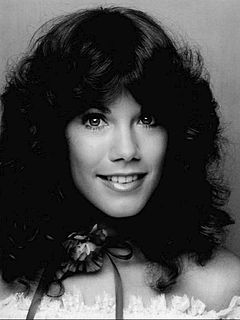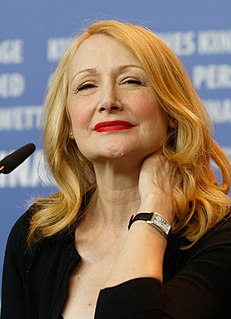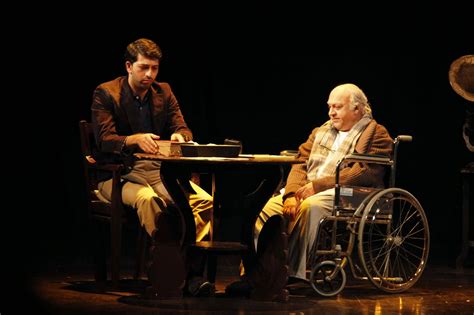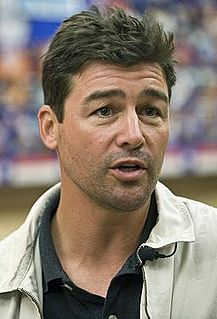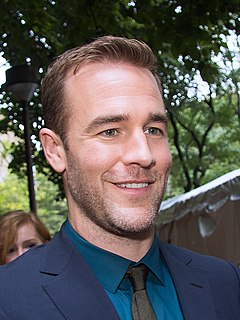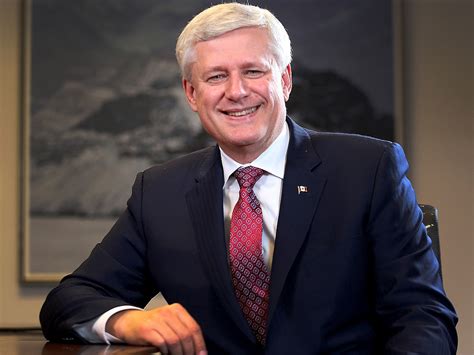A Quote by David Duchovny
I've turned down jobs because I've said, 'Honestly, I can't find my way in. I can't do it. I love you, as a director. I think the script is good. You deserve better than I think I can do.'
Related Quotes
Honestly,I don't think we could be here only by myself and SS501. It's all your love and support that put us here. I've always thought that I am much more loved than I deserve,so I always think 'I should've done better' to you guys and I tried but it is much smaller than the love TripleS give us. I'm very sorry about that.
The way I pick movies is, first, if the script is any good. Then, if the script is good, who else is in it, the director, the producer, all that. If you have all that, there's a chance the movie will be great. If the script isn't right, or the director or cast isn't right, you've got no shot in hell.
With a good script a good director can produce a masterpiece; with the same script a mediocre director can make a passable film. But with a bad script even a good director can’t possibly make a good film. For truly cinematic expression, the camera and the microphone must be able to cross both fire and water. That is what makes a real movie. The script must be something that has the power to do this.
There is a variety of different kind of producers. I'm a very hands-on, creative producer. I find material that I think would make a good movie or TV show, find the right financier/studio/network, hire a writer, get a good script, find a director, and collaborate with him/her to cast the movie and hire department heads.
I will say from the outset, I think if you're great, you're great from the very beginning. And because I do think it is innate and I do think it is a gift you just have, and I don't think you can - you can hone the skills of a director, but sadly, I do think that you are born a great director. I think it's just in you and it's something that is deep in you. But, I find it can be difficult working with first-time directors, but it's also moving.
It's not about the script: it's about who the director is and who the other people in the cast are. Because you can look at a great script and execute it in a very sophomoric way, and you can look at an OK script, and you can execute it in a very sophisticated way and come out with something really good.
I'd love to be a director-for-hire and get a nice paycheck and captain one of those big ships, but I think studios mistakenly think I want to write what I direct - which I don't. I write out of desperation, because I never get a script I like, other than "Nebraska." It's a matter of: What's the screenplay? Is it intelligent? Is it human? I don't care what genre, what scale. I'm here for the movies.
I honestly think if I had made a ton of money as an actor, I wouldn't have done anything else. (Hah!) Then I turned to writing plays. If that paid me well, I don't know if I would have turned to TV. Or coaching. I've now devised a combination of things partly because I'm having fun, and partly because I'm piecing together a way to make a living.








